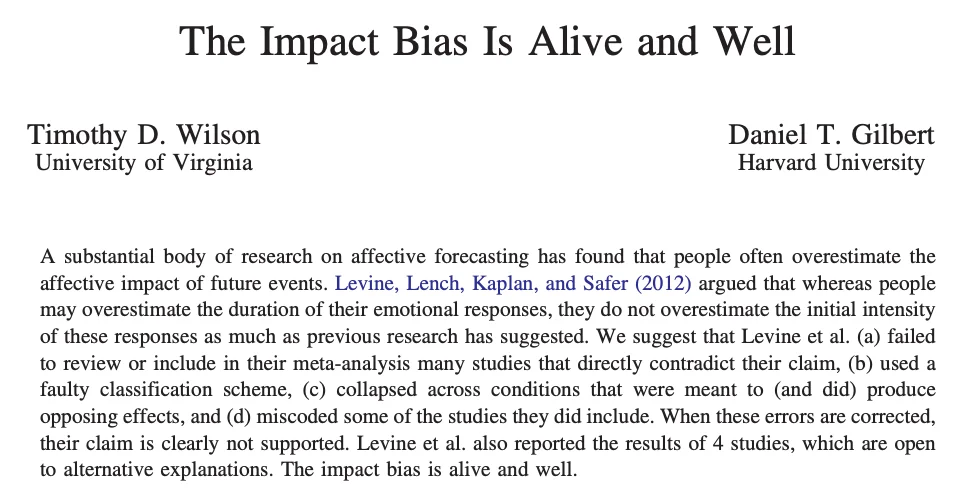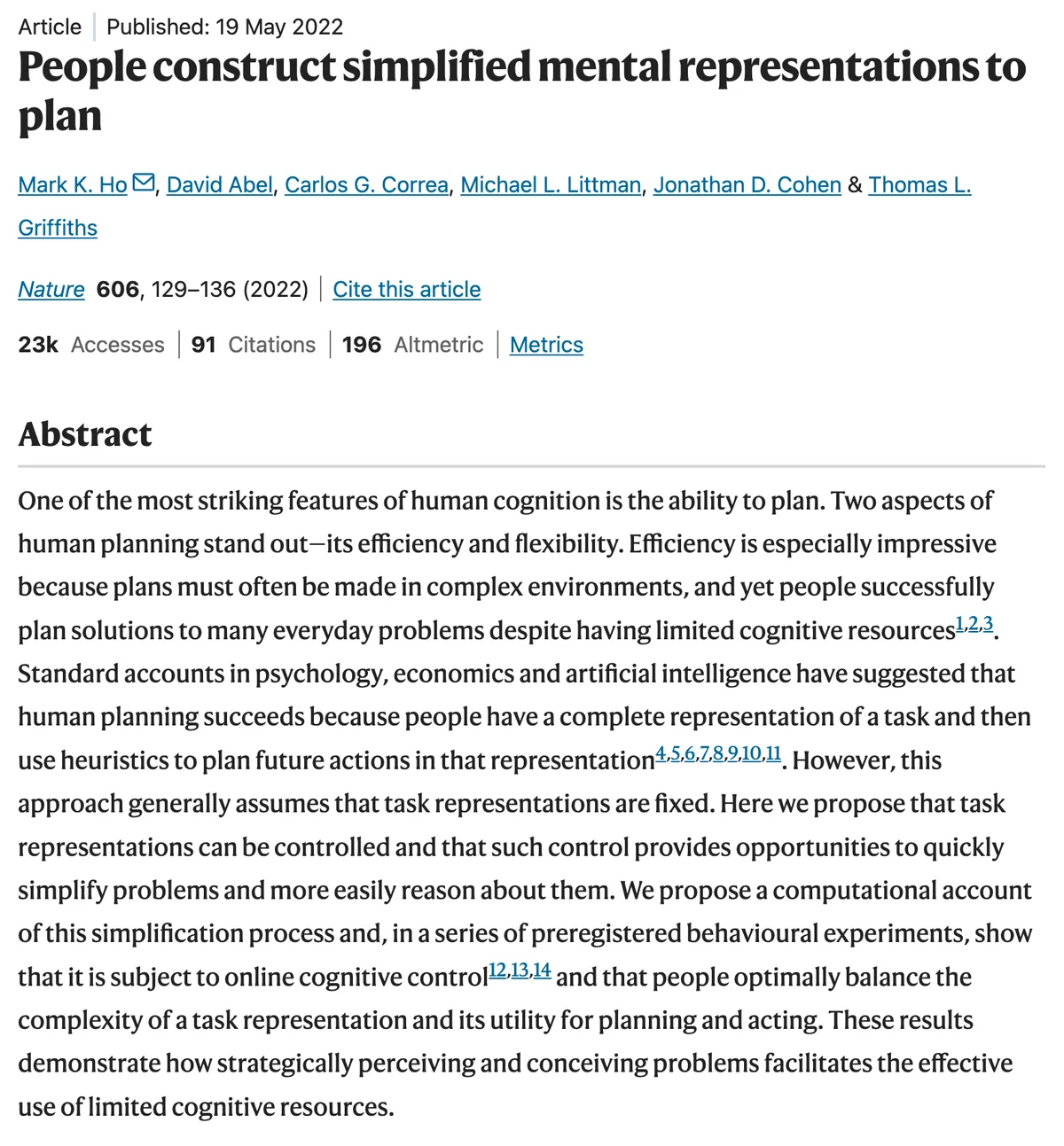When I was young, probably before the age of 16, I never thought about the future.
Because in the carefree days of youth, "present happiness" was the only thing in the world worth caring about.
Back then, the future was vague—it was the anticipation of "next week's exam, and then we can go out and have fun," or the joy of "getting a birthday gift next month."
The future was too far away from us, and we didn't feel it belonged to us at all.
So youth passed by in a daze.
🧭 Youth's Future: Concrete and Bright
By young adulthood, before the age of 30, I finally began to "imagine the future."
Back then, the future was concrete and warm.
I wanted to have my own house—not too big, but enough for me, my partner, and our children to live comfortably.
I wanted to travel the world, especially to those exciting places—Australia's seas, the snow of the Himalayas, London's Premier League stadiums and those star players.
These wishes weren't distant; they had concrete shapes and timelines.
And I did, step by step, make them happen.
The "future" back then was a kind of hope, a goal, a sense of certainty.
It made me clearly know where I was heading every day.
🌫️ Middle Age's Future: Vague and Resistant
But strangely, as I got older, I found myself "thinking about the future" more and more,
while at the same time, becoming more and more "afraid to think about the future."
The future no longer seemed like a distant land full of possibilities, but rather an unclear gray area.
It contained—gradually declining health, increasingly heavy financial burdens, and an increasingly chaotic world.
Sometimes I wonder:
Will things be better in ten years?
Or will they only get worse?
So the future became a kind of anxiety.
An anxiety of "I know it's coming, but I don't want to see it."
I discovered this isn't just my feeling.
📉 "Planning Anxiety": Why Are We Afraid to Plan for the Future?
I once saw a term on social media called Planning Anxiety.
This is one of the most common psychological phenomena among contemporary people.
According to research by Harvard psychology professor Daniel Gilbert, when humans face "future uncertainty," they instinctively overestimate risks and underestimate their own adaptive abilities.
In other words, we think the future will make us suffer, but we're actually more adaptable than we imagine.
This is called "Impact Bias"—we overestimate the negative impact of bad things and underestimate the lasting happiness that good things bring.

📊 A 2021 study published in Nature Human Behaviour found:
When people were asked to plan life goals for the next 10 years, about 78% of respondents felt anxious or experienced "mental block" within 5 minutes because they "couldn't imagine such a distant future."
But when researchers shortened the time frame to "the next 100 days," anxiety rates dropped to 12%, while "anticipation" increased fivefold.

This shows that we're not afraid of the future,
we're just afraid of the "invisible future."
🔍 When the Future Becomes "Concrete," Anxiety Dissipates
Imagine this:
What if the future wasn't a fog, but a specific day?
-
In 300 days, you'll participate in that community marathon—can you make it?
-
In 500 days, that stock you've been holding might really double?
-
In 1000 days, you'll finally pay off your loan and be completely debt-free?
-
In 3000 days, your child will graduate from college—what state do you want to be in when you appear at their ceremony?
These future time points, once "quantified," transform from abstract anxiety into concrete anticipation.
Psychologist Philip Zimbardo (author of The Time Paradox) once proposed: "Human happiness comes from 'time orientation'—the ability to see the past clearly, live in the present, and look forward to the future."
Without orientation toward the future, people fall into "present dilemma,"
either short-sighted instant gratification or long-term helpless anxiety.
🌱 Making the Future Concrete is the Beginning of Fighting Anxiety
I used to think that happiness was "living well today,"
but later discovered that what truly brings peace of mind is "knowing where tomorrow is."
In psychology, there's a concept called "Cognitive Anchoring":
When you can clearly give the future a time anchor—like "I hope to finish reading this book in 180 days,"
your brain automatically converts vague anxiety into controllable goal-oriented feelings.
Anxiety decreases, focus increases.
This is the power of "quantifying the future."
And Days From Today is exactly such a tool:
It doesn't help you plan grand blueprints, but helps you find that "time anchor."
Tells you—how many days until that day.
Making the future transform from abstract "maybe" to clear "almost there."
🪞 The Future is Not Just Time, But Also a Mirror
Why are we afraid to think about the future?
Because when thinking about the future, we're actually looking directly at "our own growth and change."
The future shows us the flow of time and also shows us what we might lose.
But from another angle—
If we could see our future selves, maybe we could regain that courage.
Imagine this:
-
On a tired work night, you see a countdown card: "120 days left until you finish your first English original book."
-
On a winter morning, you open your phone and see a reminder: "45 days until spring." At that moment, you can even smell the scent of spring.
That's not just a number, but a temperature of time.
It reminds you—life is still moving forward.
🌤️ Conclusion: Making the Future Visible Again
Humans are naturally resistant to the unknown, but imagination about the future determines the breadth of life.
The more we dare to think about the future, the more calmly we can live.
Future days may still have risks, changes, and anxiety.
But if we can make the "future" clear, concrete, and tangible—
Like using Days From Today,
to calculate exactly how long that day you're looking forward to is from now,
that future anxiety might become a gentle anticipation.
The future is not something to be afraid of.
The future is something to approach slowly.
🪶 Days From Today, making the future visible again.
Calculate from today to the day you want to reach—
Then, start your journey.
Created by Days From Today / Time Lab